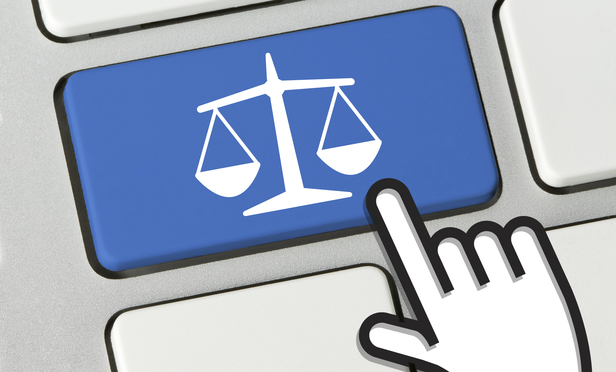The Stored Communication Act was enacted as Title II of the Electronic Communications Privacy Act (ECPA). The law discusses the intended and forced revelation of retained wired and electronic communication and transactional records kept by the third-party internet service providers (ISPs).
The SCA protects the privacy of;
- Wire and electronic communication while they are in the electronic storage. For instance, emails those are stored on a server.
- Remote computing and electronic communication services information about the subscribers and customers.
Whereas, the two terms which are targeted by SCA – electronic communication services and remote computing services are described as;
According to the law, the electronic communication service is any service that provides the ability to receive or send a wire or electronic communication to the users.
The remote computing service is the availability of computer storage or processing services with the help of an electronic communications system, to the users.
Conditions Where ISP Could Disclose Customer Records
Under the Act, public ISPs could voluntarily reveal the customer communications or records on certain conditions.
- They can share the non-information content of a customer with anyone else other than the governmental For instance, the log data, email address or the name of the user.
- The ISPs which provide services to businesses or universities and not the general public could freely reveal the content and non-content information.
- If subscriber consent to disclose the contents of his/her communications then ISP could disclose that user’s data.
Violations and Penalty
According to SCA, there are certain conditions which can cause violations and the carrier could end up with a penalty.
The points of SCA violations are;
- Without authorization intentionally accessing a facility by which electronic communication service is provided.
- Surpassing the authorization to access the facility.
- If the wire or electronic communication is accessed, changed or the authorized access to it is prevented when it is in electronic storage in such system.
SCA’s section 2701 enforces criminal penalties for the ones who commit any of the above violations. However, the penalties could be;
- A fine or up to 5-year imprisonment or both if it’s a first-time
- In case of successive offense, the fine or up to 10-years
At What Conditions SCA Allows Communication Content Disclosure
There are certain defenses for violating the SCA under which the provider could uncover the contents of communication;
- To the intended recipient or the tenant of communication or to the agent of that intended recipient.
- To an individual who is employed or authorized or whose competencies are used to deliver such communication to its destination.
- If the explanation of the service is necessary or the protection of the rights or property of the provider’s service is necessary.
- To the National Center for missing and abused children.
- If the contents are unintentionally obtained by the service provider and it appears to relate to the commission of a crime then it should be given to law enforcement agencies.
- To the governmental body, if the provider with good deeds believes that an emergency could result in death or serious physical injury of a person and it’s necessary to disclose communications relating to the emergency.
The law of SCA may vary depending on the state.
For details, you can visit here.

walmart viagra viagra for sale online viagra
online viagra buy viagra online cheap viagra online canadian pharmacy
cialis without a doctor’s prescription cheap cialis cialis headaches afterwards
viagra for sale viagra for sale mail order viagra
pump for ed viagra without doctor prescription online ed drugs
ed causes and treatment male enhancement pills otc ed drugs
viagra cialis buy viagra viagra price comparison
buy generic viagra cheap viagra generic viagra online
viagra online buy ed pills online viagra coupons
viagra prices buy viagra online non prescription viagra
erectyle dysfunction cheap ed pills online canadian pharmacy
natural remedies for ed cheap ed pills best male ed pills
cheap ed pills cialis without doctor prescription ed remedies
treatments for ed cheap ed pills erectyle disfunction
cialis erection penis cialis for sale warnings for cialis
buy cialis tadalafil free cialis
sildenafil without a doctor’s prescription best ed pills vitamins for ed
best cure for ed prescription drugs real cialis without a doctor’s prescription
payday loans direct lenders personal loans for bad credit